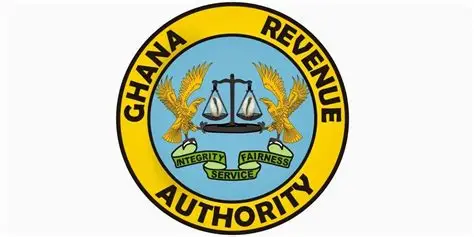Deputy Trade and Industry Minister, Carlos Kingsley Ahenkorah, has urged banks to help build a resilient local economy by bringing down the cost of credit to small and medium enterprises (SMEs) and thus encourage the spirit of entrepreneurship among the youth.
Speaking at the GEOP Business Forum jointly organised by the National Board for Small Scale Industries (NBSSI), the European Union (EU) and Christian Aid in Accra, he said the cost of credit—despite the significant drop in the policy rate of the central bank—is impeding the growth of informal sector businesses.
“Today, we find a lot of people looking for work rather than venturing into entrepreneurship; it is because people will not want to go and borrow at 25 percent when they cannot make even 15 percent profit on whatever business they used the money for.
“If you consider the fact that the central bank has a rate of 15 percent and banks are still lending at around 26 percent, you wonder how SMEs can manage their business and make profits or increase their revenue commitments to government.
“It stands to reason that if the banks want to assist and support the local economy, then they need to think through and see how they can bring down lending rates to make them affordable for SMEs,” he told journalists.
He added: “We [gov’t] think that it is now time for banks to consider the significant drop in central bank lending rates and see how they can also bring down their rates to reduce interests on borrowings”.
Mr. Ahenkorah further indicated that government is churning out a number of initiatives to help formalize the MSMEs space in order to rake in gains of the informal economy
Presently, he said, the informal sector’s contribution to government revenue has not been encouraging due to the absence of proper ways of monitoring that space – and this remains a setback for domestic revenue targets.
“We are digitizing the economy, simplifying processes and allowing SMEs and informal sector businesses to be digitally controlled, as we have done with the port and digital addressing systems.
“All of these are geared toward bringing the industrial and SME landscape to order, and ensuring that all interventions to groom and facilitate the growth of the dominant sector are being done appropriately,” he stated.
Aside from the financial constraints, Mr. Ahenkorah indicated a need for MSMEs to be given needed assistance in the areas of skills development, technology-transfer and availability of low-cost capital for them to grow their businesses and become competitive.
The one-day forum was on the theme ‘Formalising the informal economy: Practical steps to promote local economic development’.
Executive Director of NBSSI, Kosi Yankey, emphasised the need for extending cheap credit to SMEs as the only means by which informal businesses can get enough funds to source raw materials, access larger markets and move their business to the next level.
She said: “Driving down the cost of credit is very critical to the development of SMEs in the country. It is really vital and important; SMEs need financing to get their business moving to the next level”.
The NBSSI boss said a lot of government effort has gone toward getting the central bank to drive down the policy rate, and it is about time the banks used that to drive down their lending rates.
“It is a work in progress, because the banks are private entities so there are going to be a lot of conversations around that; some banks have reduced their rates and some will have to drop their rates down further, based on conversations we’ve had,” she noted.
















